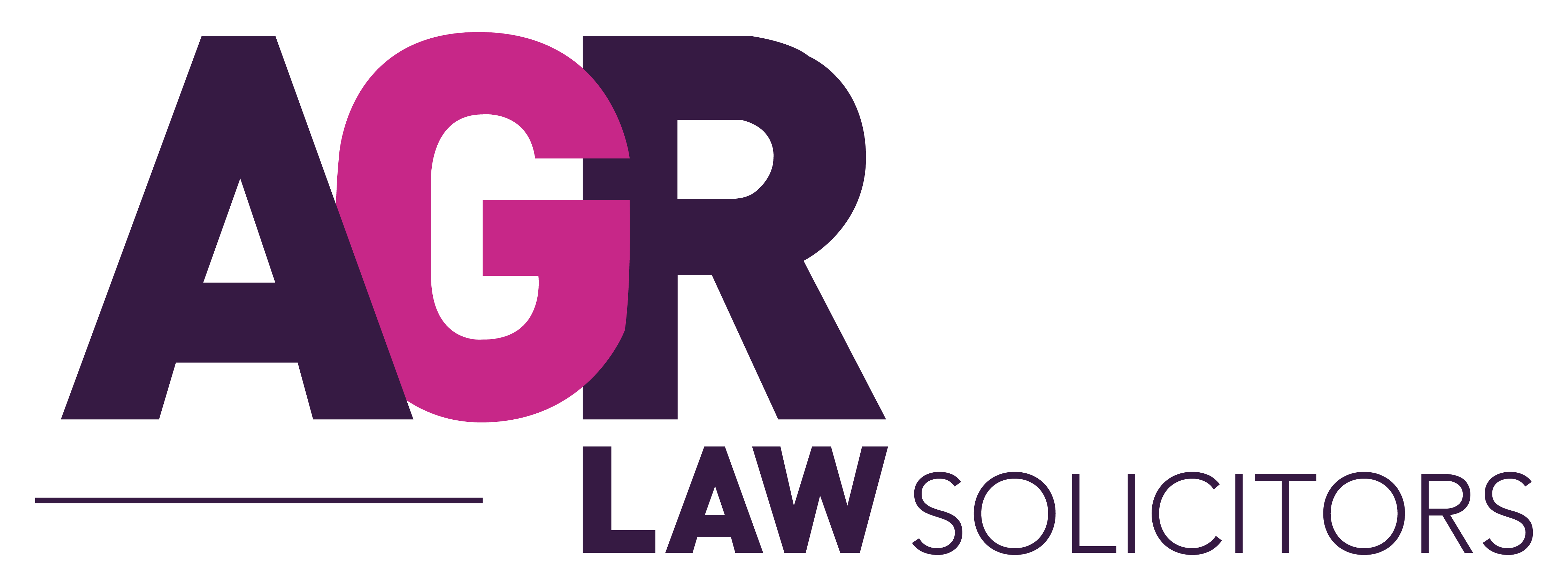April 2022 saw the biggest reform to divorce laws in decades with the introduction of The Divorce, Dissolution and Separation Bill. The new laws modernised the divorce process, making it less damaging and more reflective of the reasons modern-day marriages fail.
In brief, the new laws meant:
- Couples in England and Wales could divorce without having to assign blame to either party
- Divorces could no longer be contested, meaning an unhappy party would no longer remain trapped in an unhappy marriage
- The language used was updated, for example the ‘decree absolute’ was renamed the ‘final order’
- Couples could now make a joint divorce application
How have things changed two years on from the laws being introduced?
We asked our Director, Gina Samuel-Richards, for her opinion on whether the new laws have brought about the much-needed change that was hoped for.
Resolution members campaigned for change for more than 30 years, but they never gave up. Were you frustrated by the government’s slow progress on this important reform?
I was actually quite surprised when I read Baroness Lady Hale’s book, ‘Spider Woman’ that she had been part of the Law Commission which recommended ‘no-fault’ divorce in the 1970s.
The government did not take the recommendation on board, and instead we had the fault system as per the 1973 Matrimonial Causes Act. I feel this was a missed opportunity, especially seeing how society was changing, and divorce did not hold the same taboos as before. Many countries had had a no-fault system, which had not led to disproportionate divorce rates. I saw many clients becoming frustrated that they could not end a marriage, which they felt had run its course.
When the new laws were introduced, there was speculation that they would lead to ill-thought-out ‘quickie’ divorces. Has that been the case, or has the longer minimum waiting period prevented this?
I have not found there has been a difference in the reasons why individuals are choosing to divorce. Our clients are adults who have come to the conclusion that their marriages no longer work, for whatever the reason may be. On choosing to divorce, they still have the same considerations, such as affordability, starting a new chapter in their life, providing for children or even meeting their own needs in later life and whether they will have to return to work.
Have the number of divorcing couples risen or fallen? There was speculation that some couples would wait for the laws to be introduced to begin proceedings, which would cause an initial influx of cases. Did that happen?
In my experience, some couples did wait for the new change in the law, as they did not want to attribute blame to a situation where people had simply fallen out of love. However, divorce is always on the rise, take for example the ONS figures found there were 113,505 divorces in 2021. This is a 9.6% increase to 2020.
Some may say there may have been a delay in people making applications in 2020 due to the effects of Covid in all of our lives, but in 2019, there were 107,599 divorces, a rise of 18.4% on the previous year. The stats for 2022 and 2023 aren’t available yet. I do expect to see an increase in cases as per the trend, but I would be very surprised if there is a significant increase in aggregate. I think one of the reasons for this, is that people can’t afford to divorce due to the high costs of living, so they are choosing to remain sharing a house, although living separate lives.
Has the lack of accountability caused frustration for those who hold their spouse responsible for their marriage breaking down? How do you resolve that?
Unfortunately, some individuals want the court system to attribute blame to the other party. In family law, the court is not typically interested in doing so. The Family Court is only interested in reaching what it deems to be a fair and equitable position to enable each party to get on with their lives. Sometimes, clients are happy to know they have been heard by someone else, typically us and their solicitor, and for their feelings to be validated. However, whilst we are empathetic to their feeling, we also try to steer the conversation to find a resolution as quickly and pain-free as possible. We try to encourage our clients to be conciliatory and non-confrontational, as having a more focussed approach to resolving the issues helps them achieve their objectives much quicker and it is less costly.
Is there any further reform to divorce law you’d like to see?
At this point, not in divorce law per se, but in cohabitating couples.
Our societies are made up differently now (1 in 5 couples choose to cohabitate), and not everyone will want to formalise their relationship in accordance with marriage under English Law or enter a Civil Partnership. However, they will live together for many years, raising children and supporting one another as if they were married. This also extends to those who are married under their religious or cultural traditions but have not formalised their marriages or civil partnerships.
Individuals in such relationships have no legal protection. I would like to see such individuals protected should the relationship break down. As things stand, the person whose name the assets, including the family home, are held in is the legal and beneficial owner. It may be the other party to the relationship has no legal or beneficial interest, and therefore could leave a relationship, no matter how long and how committed, with nothing. I have seen this happen, where a lady had a traditional religious marriage which was not formalised. She never worked as she stayed at home and raised the children. She had no savings or assets in her name. After 40 years, her partner said he wanted to end the relationship, and she had no financial means to restart her life.
Get in touch with our experienced team
To find out more about no-fault divorce and how we can help you, email hello@agrlaw.co.uk or call us on 0116 340 0094.











